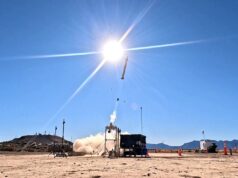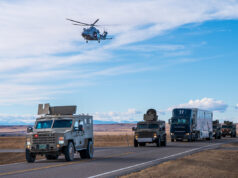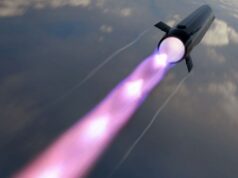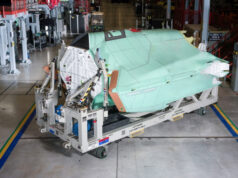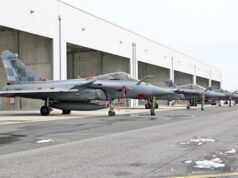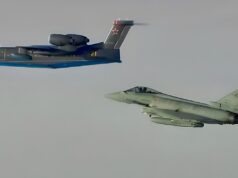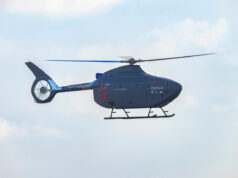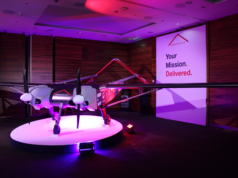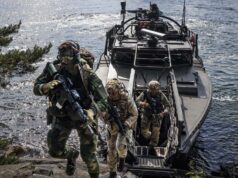Prime Minister David Cameron revealed on Monday that British aircraft had carried out an air strike over Syria in August to kill three Islamic State fighters, two of which were Britons.
The strike killed 21 year old Reyaad Khan, from Cardiff, with another two fighters also killed in the same vehicle including another Briton Ruhul Amin, there were no civilian casualties. A third Briton Junaid Hussain was reportedly killed by a US strike three days later.
Cameron was however forced to defend the role of the Royal Air Force in the strike because the action was launched without the prior approval of parliament.
The Prime Minister told Parliament that the attack was legally justified because the militants were planning attacks against Britain and the fighters could not be stopped by other means.
“In recent weeks it has been reported that 2 ISIL fighters of British nationality who had been plotting attacks against the UK and other countries have been killed in airstrikes. Both Junaid Hussain and Reyaad Khan, were British nationals based in Syria who were involved in actively recruiting ISIL sympathisers and seeking to orchestrate specific and barbaric attacks against the West, including directing a number of planned terrorist attacks right here in Britain, such as plots to attack high profile public commemorations, including those taking place this summer.
We should be under no illusion. Their intention was the murder of British citizens. So on this occasion we ourselves took action. Today I can inform the House that in an act of self-defence and after meticulous planning Reyaad Khan was killed in a precision air strike carried out on 21 August by an RAF remotely piloted aircraft while he was travelling in a vehicle in the area of Raqqah in Syria.
In addition to Reyaad Khan who was the target of the strike, 2 ISIL associates were also killed, 1 of whom – Ruhul Amin, has been identified as a UK national. They were ISIL fighters and I can confirm there were no civilian casualties.”
The aircraft involved was a Reaper, a remotely piloted aircraft designed for intelligence, surveillance and reconnaissance and, if required, ground attack missions. The Reaper was purchased as a Ministry of Defence urgent operational requirement for use in Afghanistan, the first aircraft in RAF service was delivered to Afghanistan in October 2007. The UK also deploys Reapers as part of Operation Shader, the UK’s contribution to the United States-led military intervention against Islamic State, the first occasion the UK used its Reapers outside Afghanistan.
Defence secretary Michael Fallon said:
“There was no other way of dealing with these particular terrorists, they weren’t going to come back to this country to be prosecuted or stand trial. There was no other way of preventing the kind of armed attack they were involved in planning.
Any country has the right to defend itself from an armed attack and that’s what we did. We wouldn’t hesitate to do it again. If we know there’s an armed attack likely, if we know who’s involved in it, we have to do something about it”.
Parliament is expected to vote on extending British military involvement in the region next month, although the favourite for the Labour leadership Jeremy Corbyn has ruled out supporting any expansion in role.


